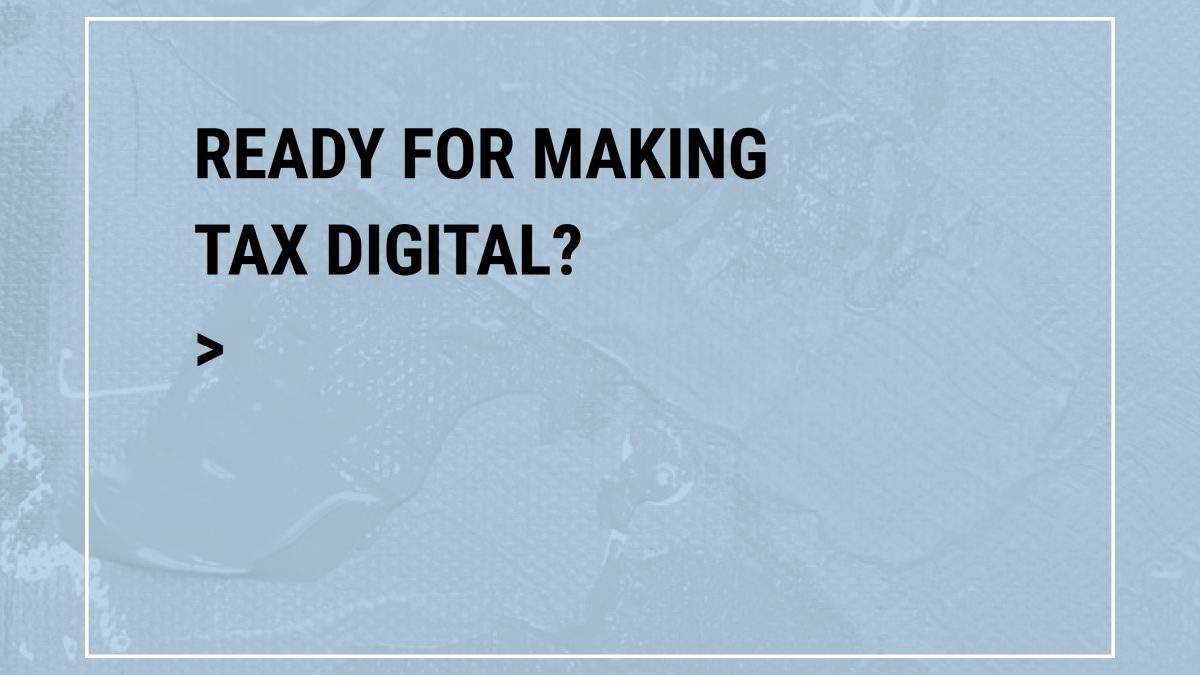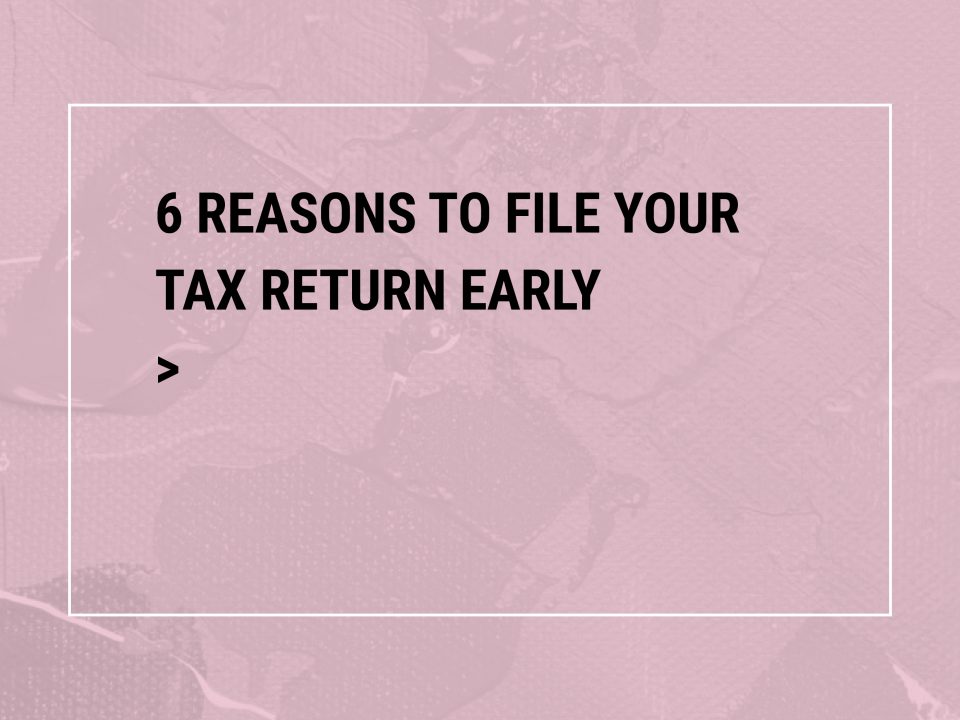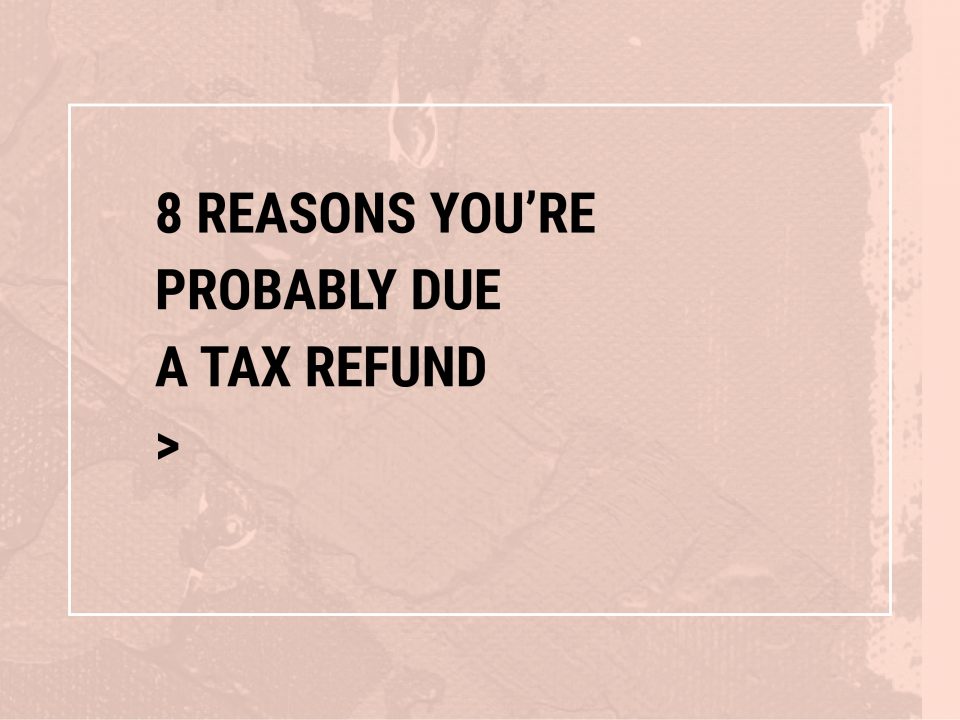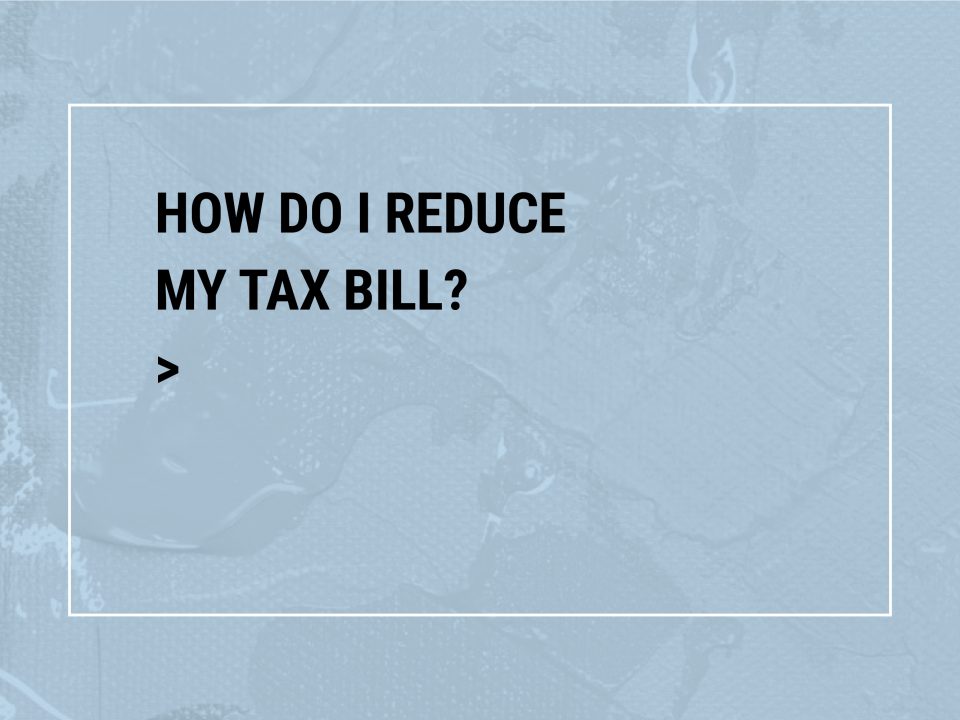
Ready for Making Tax Digital?
What is it? Why is it happening? And why is it worth getting a head start?
Unless yours is a VAT-registered business with a turnover above £85,000, you may have been able to ignore Making Tax Digital (MTD) up to now. But whatever the scale of your business – and whether you’re a sole trader or a limited company – MTD is coming. And it’s worth getting ahead of the game now.
What is Making Tax Digital?
MTD is about simplifying the process of making your tax return, giving you greater transparency over all your tax affairs and a real time (or near real time) picture of your tax obligations, so you don’t face the sort of nasty tax surprises you might be used to.
That’s not to say there’s nothing in it for the government. Its overview notes the cost of “avoidable mistakes” in the tax system is £9 billion each year, and naturally it would like to prevent those errors.
Is Making Tax Digital compulsory?
Yes. Potentially over time every business, landlord and not for profit organisation, and many individuals, will legally be required to use it. Which is just one of the reasons why it’s worth getting accustomed to it now.
What’s the Making Tax Digital deadline?
VAT-registered businesses with turnovers above the VAT threshold (£85,000) should already be keeping digital records and submitting digital VAT returns. For everyone else paying Corporation Tax or Income Tax (or both) things remain a little vague for those businesses earning under £30,000, but April 2026 is the earliest launch date, when businesses earning over £50,000 are required to comply. The following April will then see those businesses with sales between £30,000 - £50,000 joining too.
How will Making Tax Digital affect me?
- You’ll need to digitally record everything that might end up feeding into your tax return: invoices, wages, receipts etc. Theoretically at least, the days of turning up at your accountant’s doorstep with a bag of receipts will have to end.
- You’ll need to use online accounting software to record information
- You or your accountant will submit your tax return digitally
- Instead of one annual tax return, you’ll submit quarterly
What’s the benefit of MTD for me?
Actually, there are lots. I recently wrote a piece about the benefits of online accounting, and everything in that post – increased accuracy, real time insight, knowing exactly how much tax you owe - applies to MTD.
In addition:
- Less stress: The process is ongoing. You effectively build your tax return throughout the year, so instead of it requiring one mammoth effort at the end of year, there’s no panic
- Faster: Yes, there’s a bit of a learning curve in getting to grips with whichever accounting software you choose and the new processes, but you’ll get the hang of it really quickly – and once you do, things are much quicker
- Online billing: You can pay your tax within the same system, so there’s less faff
- More accuracy: Because MTD is an ongoing process you add your records as you go. That means there’s less searching your memory to try and remember what payment X was for. And there’s no frustration when you realise the receipt you kept has faded beyond legibility. If you haven’t been claiming for everything that you could (e.g. because records went missing or you simply forgot) you could find MTD leaves you paying less tax
- Fewer investigations: There’s no actual guarantee of this, but in the past HMRC has directed its resources at areas where errors are most likely. As the potential for error is much reduced with MTD the expectation is that there’s a lower chance of compliance checks
Isn’t tax already digital?
Not really. Most people and businesses now submit their tax return in a digital format, but often that’s the only truly digital part of the process. Many small businesses are still left frantically pulling together paper invoices and faded receipts as the January deadline approaches.
Why should I do it now?
Given that MTD won’t make its presence felt until April 2026 at the earliest, is there really any need to get things sorted now?
I’d say so, for two reasons:
- It’s not if, but when: MTD is coming. Whether you prepare now or prepare later, it’s something you’ll have to do, but leaving it later will be the equivalent of starting your journey in rush hour – you’re far more likely to hit snags
- The closer we get to deadline, the fewer offers are likely to be available. So it’s cheaper to jump now, you get to enjoy the benefits sooner and – since you’re ahead of the game – your accountant is likely to have rather more time to discuss the details with you.
How much will Making Tax Digital cost me?
Google this and you’ll find some widely differing views. According to HMRC, the cost of MTD to the typical SME should be £70. According the Federation of Small Business, that figure is likely to be closer to £2,770.
But, there’s rather a lot of politicking going on in those estimates.
The reality is that you’ll need to pay for:
- The accounting software (unless you happen to know an accountant who can get you access to the software for free or at vastly decreased rates – more on that in a minute)
- Training to use the software
- Accountancy fees, which may or may not change depending on how involved you want your accountant to be
How much will MTD cost me with The Tax Farm?
Switch your accountancy to us and your accounting software licence will be heavily discounted. It’s important to pick the software that works for you (you can talk to us about that here), but you’ll find savings whether you choose FreeAgent or Xero.
Find out more about our offers here.
From there, it’s a matter of making Making Tax Digital work for you. Effectively that means setting the sliding scale between how much you do and how much your accountant does at the right level – and that level will be different for every business.
To find out how that could work for you, give me a call now on 01772 925 233.



